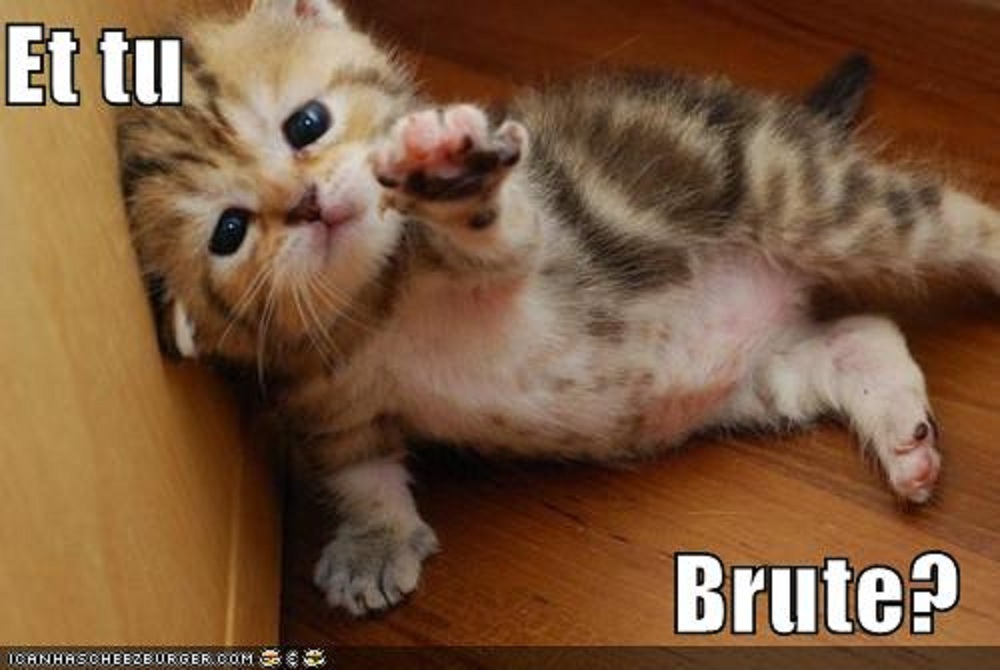During most of the 20th century, a battle of prominence raged between performing musicians and the record industry. For most of the century, musicians were regarded as the important party in law and in common sense. However, the record industry would rather see music corporativized. Active intervention by the self-declaredly fascist regime in Italy tipped the scales in this direction.
Copyright in the 20th century was not characterized by books, but by music. The 1930s saw two major developments that affected musicians: the Great Depression, which caused many musicians to lose their jobs, and movies with sound, which caused most of the rest of musicians to lose their jobs.
In this environment, two initatives were taken in parallel. Musician’s unions tried to guarantee income and sustenance to the people who were now jobless, made redundant as we say today in executivespeak. Unions all over the West were concerned about the spread of “mechanized music”: any music that isn’t performed live and therefore didn’t need performing musicians. They wanted some power over the speaker technology, and the question was raised through the International Labour Organization (a predecessor to the UN agency with the same name).
At the same time, the record industry tried to exert the exact same power over speakers, radio and musicians. However, the entire political and business world at that time regarded them as a service contractor to the musicians. They could go about running their business if they were service-minded enough, or go bankrupt trying, and weren’t worth diddlysquat more than that to anyone. Anyone, with just one exception:
Fascist Italy.
(This word, fascist, is loaded with emotion today. Italy’s regime at this time were self-declared fascists. I’m using the word to describe them exactly as they described themselves.)
In 1933, the phonographic industry was invited to Rome by Confederazione Generale Fascista dell’Industria Italiana and under the protection of same. At this conference, held on November 10-14, an international federation of the phonographic industry was formed. It would later be more known under its acronym, IFPI. It was agreed that IFPI would try to work within the Berne Convention to establish producers’ rights similar to those of the musicians and artists (which were always sold to publishers).
IFPI continued to meet in countries which welcomed their corporativist agenda, so they met in Italy the next year too, in Stresa. 1935 and onwards proved a bit turbulent for the world at large, but Italy still enacted corporativist rights of the record industry in 1937.
Negotiations for a copyright-like monopoly, attached to Berne and therefore international, was still too tempting for the record industry to resist. So after the war, IFPI reconvened in para-fascist Portugal in 1950. Italy wasn’t suitable anymore, and the conference readied a draft text that would give them copyright-identical monopolies, so-called “neighboring rights”, for producing and printing creative works such as music. This monopoly would be practically identical to the commercial copyright monopoly for fixations of a creative work.
The neighboring rights were ratified by BIRPI (today WIPO) in 1961 in the so-called Rome Convention, giving the record industry copyright-identical monopolies. At the same time, ILO’s attempt to give musicians similar rights had flopped, waned, and failed.
Since 1961, the record industry has feverishly defended copyright, despite the fact that it doesn’t enjoy any copyright monopoly, only the copyright-identical monopoly known as “neighboring rights”.
One needs to remember two things at this point:
First, the record industry is confusing all these monopolies on purpose. It keeps defending “its copyright”, which it doesn’t have, and talks nostalgically about how this copyright monopoly was created during in great wisdom during the dawn of the Enlightenment [insert sunset and kittens here], referring to the Statute of Anne in 1709, which wasn’t the first copyright anyway. In reality, the neighboring-rights monopolies were created in fascist countries (literally!) in a sunder-militarized recent Europe as late as 1961. These monopolies have been controversial and questioned from day one in 1961, and were certainly not the product of any Enlightenment wisdom.
Second, we were but a hair’s breadth from still regarding the record labels as service bureaus for musicians, had ILO not failed, instead of the chokehold on musicians that they have been for the past decades. This would have been the case if it had not been for two intervening fascist governments — fascist in the literal sense of the word — supporting the record industry in corporativizing society and becoming the copyright industry.
Next: The copyright monopoly gets hijacked — again.
Previous: Moral rights on the Continent.
Primary sources: Copyriot’s articles on IFPI; Fleischer’s op-ed piece on same.






[…] This post was mentioned on Twitter by Falkvinge, Scott Elcomb. Scott Elcomb said: History of Copyright, part 6: Hijacked By Record Industry http://bit.ly/fbhfDQ […]
[…] The ambition succeeded, with the advent of the Rome Convention in 1961, where the record industry was granted copyright-identical monopolies called “neighboring […]
[…] The ambition succeeded, with the advent of the Rome Convention in 1961, where the record industry was granted copyright-identical monopolies called “neighboring […]
[…] The ambition succeeded, with the advent of the Rome Convention in 1961, where the record industry was granted copyright-identical monopolies called “neighboring […]
[…] Part 6: Hijacked By Record Industry […]
[…] rights” that were the result of the record industry’s corporativization as IFPI in then-fascist Italy: the duplication monopoly over specific […]
[…] the so-called “neighboring rights” that were the result of the record industry’s corporativization as IFPI in then-fascist Italy: the duplication monopoly over specific recordings. This, too, is broken by […]
[…] Next: The record industry hijacks the copyright monopoly. […]
[…] patent industries, all of them. They went forum shopping and tried to go to WIPO — repeating the hijack of the record industry in 1961 — to seek legitimacy and hostship for a new trade agreement that would be marketed as […]
[…] History of copyright, part 6: hijacked by record industry (en español) […]